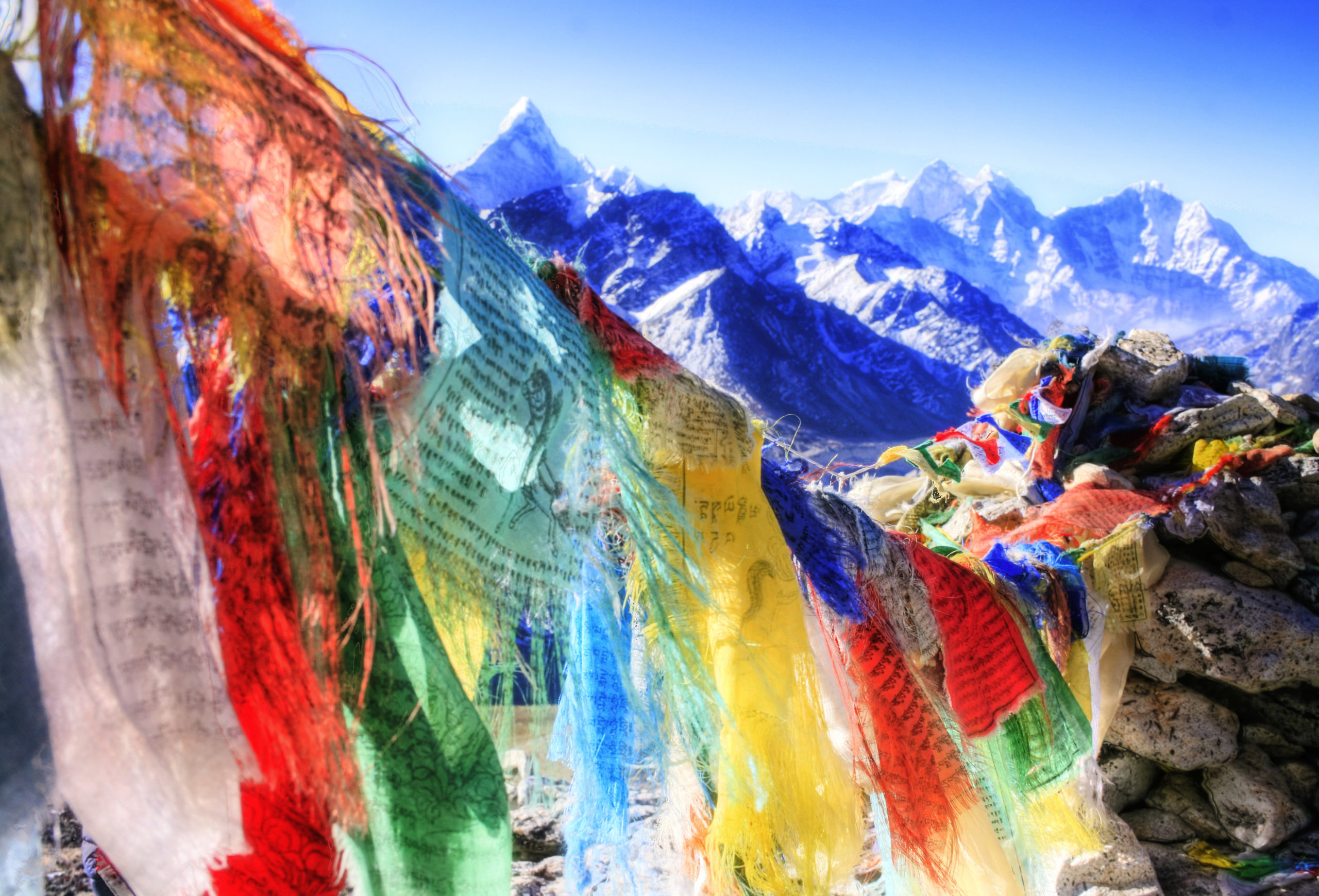
BGA Asia StreetBeat: Nepal


BGA Asia StreetBeat is the company’s mini-series that takes an on-the-ground pulse of Indo-Pacific markets from its leaders across the 26 Indo-Pacific markets in which we operate, with over 180 people in total and growing. In each segment, we periodically ask our team leaders questions on what clients should watch: one on macro developments; one on sectors and industries; and one on under-noticed or over the horizon developments.
For this segment of BGA Asia StreetBeat, we spoke to BGA Nepal Senior Advisor Sujeev Shakya.
What is one political or economic development that remains important for businesses to watch in the coming months?
Nepal is now in an election year with local elections announced for May 13 and thereafter elections to the federal parliament by the end of the year. This will be the second elections under the Nepal Constitution of 2015 after the concept of a federal democratic republic was adopted.
What is a sector within the economy that you think clients should carefully monitor in the coming months?
Post-pandemic recovery of tourism is something important to watch as the there are thousands of jobs formally and informally connected to the sector. Also there has been major support post COP 26 on Nepal’s Green Resilient Inclusive Development Action Plan (GRID) where the government has come together with all development partners to work on sustainable recovery, growth and jobs.
What is one relatively more undernoticed development or trend on the ground that you think international businesses with an interest in potentially investing in your country should pay more attention to in terms of their planning?
Nepal because of its location between India and Chia is referred to as a landlocked small country. However, it is important to understand it has 30 million people with 50 percent under 25 with transformational changes in global exposure and lifestyle. This has led to huge growth in ICT sector that accounts for 37 percent of exports attracting global investment and talent. This is often missed about the country. Nepal has the geographical advantage of being landlinked to India and China, with preferential trade agreement with India that provides a duty-free access to goods manufactured in Nepal with 30 percent value addition.

Sujeev Shakya
Senior Advisor



















